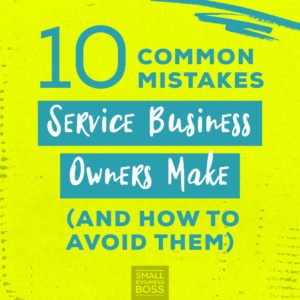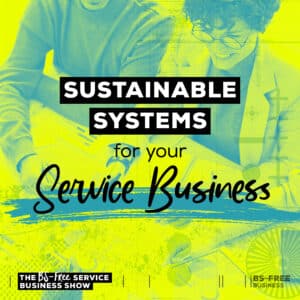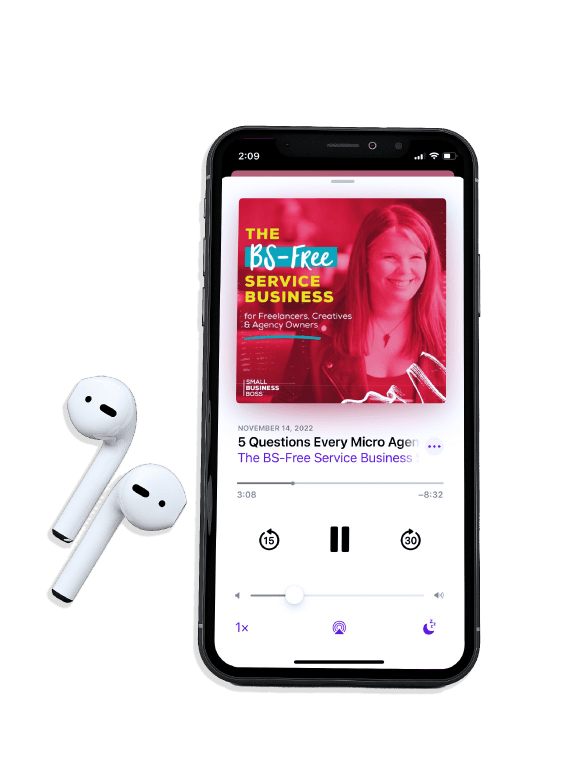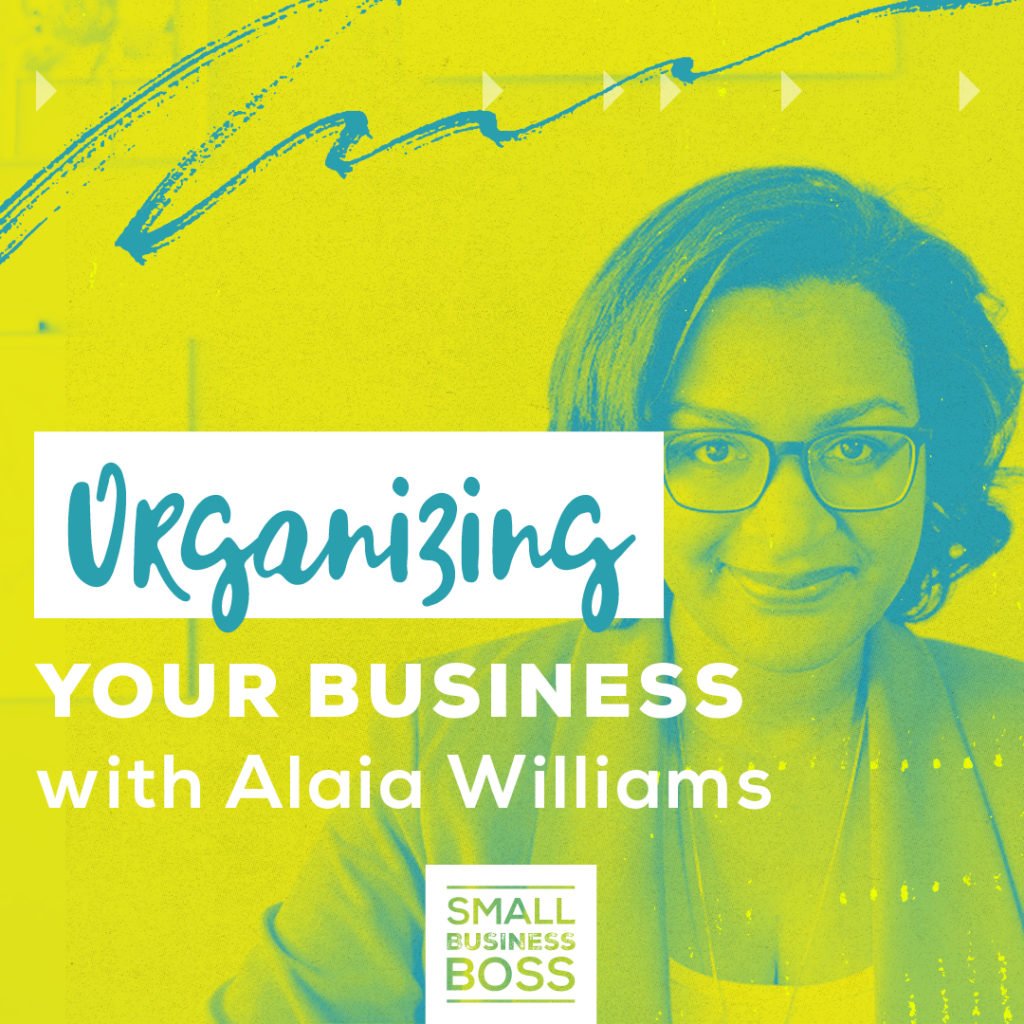
Search the site:
Episode 125: Organizing Your Business with Alaia Williams
Do you feel like the behind-the-scenes in your business is a hot mess? Or like there’s systems you need but just don’t have? Then you’re going to love this episode where I chat with organization and systems expert Alaia Williams about her business and how to get organized for once and all.
Bosses, today we’re talking to Alaia Williams, and let me tell you we covered so much in this interview. So get ready for value, value and more value.
Alaia Williams is a business systems strategist and community cultivator. Her goal is to take her clients from stuck, stalled and struggling with overwhelm and help them get to a place where they can run their business with a greater sense of calm, clarity, and confidence. She helps businesses run more smoothly by identifying and eliminating time sucks and money wasters. In their place, she develops systems, workflows, and automations that help her clients create and maintain an organized business. With over a dozen years of experience organizing, she is adept at cutting the fluff and implementing streamlined systems that work. Alaia is also the host of the One Organized Business Podcast and the founder of the At the Helm: Women In Biz Conference.
Tell us a little bit about your business and how you make money.
- I call myself a business systems strategist and organizer, which is just a fancy way of saying I help people get systems and processes in place to help them organize and streamline their business.
- How I make money, primarily, is through one-on-one services.
- People will come to me for strategy sessions for help with products or launches or I’ll work with them on an ongoing basis.
- Usually, that tends to blend in some management.
- There are other things I do as well. I teach courses, I sell products…so I’ve really diversified how I make money.
You started as a personal organizer. How did you end up in the digital organizer realm?
- When we were having the recession here in the States, I had to start looking at my business differently because a lot of people were viewing organizing as a luxury.
- I started to examine what I enjoyed doing, who I enjoyed working with, and I noticed that a lot of the clients that I enjoyed working with the most were either business owners themselves full-time, or they had a day job and a side business. Some of them had many businesses like a lot of entrepreneurs do.
- Along the way, when I’m spending hours and hours with people digging through their stuff, helping them organize papers, there were common questions that were coming up.
- They’d ask me about invoicing or how I was getting clients and keeping track of things.
- I noticed a lot of my clients were sending invoices using Excel and Word, and I knew there are better tools than those.
- I was also running a networking group for entrepreneurs.
- I was very much surrounded by other people doing the same kind of stuff I was in terms of growing their own business, so I decided to lean into that and serve that small business audience.
If I came to you for help, what kinds of services would you tell me about?
- I typically recommend my Business Systems Assessment. In that process, we go through eight different areas of your business where you can get things systemized, and it’s really easy. It’s just me asking you questions about what’s going on and what you want.
- For people who feel they just need a sense of direction, that session and follow-up report are enough.
- A lot of business owners are pressed for time, so they’ll choose to take the next step and work with me.
- So when they get my recommendations for processes they need to put in place and systems that they should adopt and implement, they’ll say, “Great! Now you do it.”
- That’s how I end up building long relationships with a lot of my clients.
- I get to a place when I understand their businesses, and even if I don’t continuously work with them, they come back after their needs change, like hiring, firing, or growth in their business.
What do you feel is a big organizational problem for services businesses?
- People often downplay the value of systems.
- They get caught up in the outside, sexy stuff — the perfect logo, the perfect website, having a great Instagram feed — not that those things don’t have value, but those are not what’s going to make or break your business.
- Businesses existed before the Internet did. People found a way to make it work and be successful.
- Obviously, the Internet opens up a lot of doors in terms of connections, potential clients, getting the word out, but having a perfect Instagram grid when someone goes to your page isn’t necessarily going to make or break your business.
- There’s a prioritization of these things over getting systems in place.
- It’s easy to get distracted by the shiny objects that have been promoted to us, and we ignore those things that really help strengthen our business at the core and help keep us going.
How do you clients typically find you, and where do most of your clients come from?
- When I started, it was a lot of searching.
- I replied to pitches, and I got my first client when I was organizing on Craigslist.
- Then there was this period where I was getting a lot of referrals, and I was really excited about that, and I still love referrals.
- For a period of time, there were a lot of books about referral marketing and building a referral-based business.
- It sounds great in theory, but I quickly learned that when someone makes a referral to you, you really don’t know anything about the other person, like what their time frame is or if they’re going to reach out to you or if you can get a hold of them.
- Referrals are nice, but that’s not the way to grow my business.
- Now, it’s a mix. If I’m in a group, online or offline, and there’s a conversation happening, if I feel like there’s a place where they could improve their business, and I can help, I’ll speak up and say something.
- Going out and meeting people face-to-face is really undervalued. It’s just something people have put by the wayside.
- There are mastermind groups and just normal groups you’re in that have nothing to do with business.
- I get referrals from clients — it’s a whole mix of things — and that makes me really happy because I’m not relying on one source to feed my funnel.
What holds solo and service business owners back from not just creating a plan but executing on it?
- Taking the time to do the plan — not everyone does.
- Some mistakes are, when people have a team, they don’t share their plans with their team.
- People need to let their teams and the people they work with in on their plan.
- People don’t plan often enough.
- Now, people are really getting the value of setting goals for the year, but they’re not revisiting them and breaking the goals down into monthly goals, weekly goals, daily goals.
- They’re not doing a mid-year reset where they’re checking in halfway through the year to see where they need to shift to get back on track.
- Or, if there’s no way to get back on track, what new goal do I need to create to get me through the next six months and reach a place where I’ll be happy and feel successful.
- Realize the plans and goals aren’t set in stone.
- You can change them — and you should change them — if you’re not stretching yourself.
- You should feel challenged, like there is something you’re reaching for, but you shouldn’t feel like your goals are unattainable.
Lessons:
- Did you hear when Alaia shared that going out and meeting people in person is underrated? Consider that my challenge to you! Get out and MEET people IRL, and you’ll be surprised how that helps you find more clients.
- We had a pretty frank discussion about goals, but at the most basic level, make sure you’re actually setting goals and not just floating along. And when you set those goals, Alaia called out that you should set goals that are a challenge — but not completely unattainable.
- Skip the sexy stuff like logos and perfectly branded IG feeds. Instead, do the work that impacts your clients — keep in mind that people had businesses BEFORE the Internet. Ask yourself how you can add a little “old school” to your business to get back to basics.
Links for This Show:

I’m Maggie Patterson (she/her), and services businesses are my business.
I have 20+ years of experience with client services, am a consultant for agency owners, creatives, and consultants, and vocal advocate for humane business practices rooted in empathy, respect, and trust.
Read or Listen to the Latest
Help Not Hype
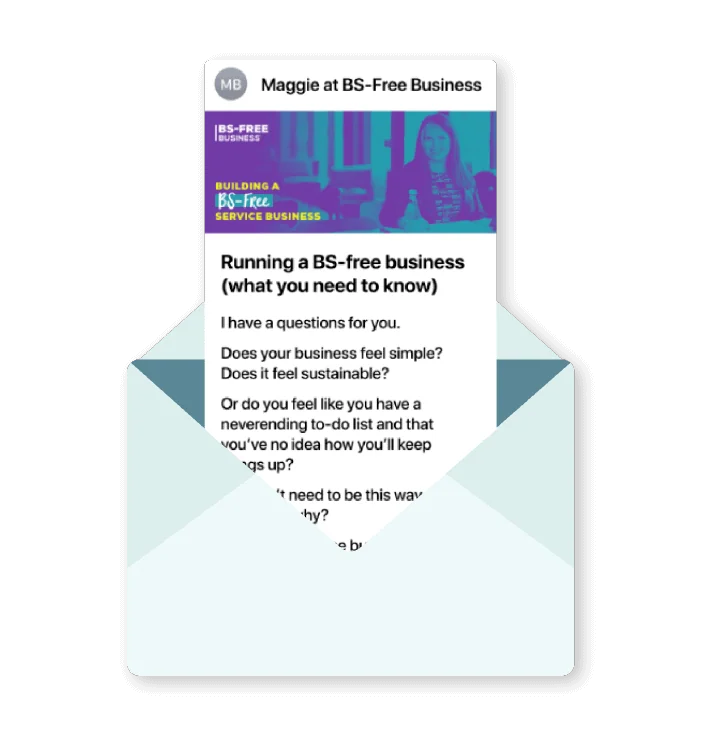
Tired of the same old BS business advice?
I got you with weekly emails packed full of proven strategy that makes a real difference in your service business.




